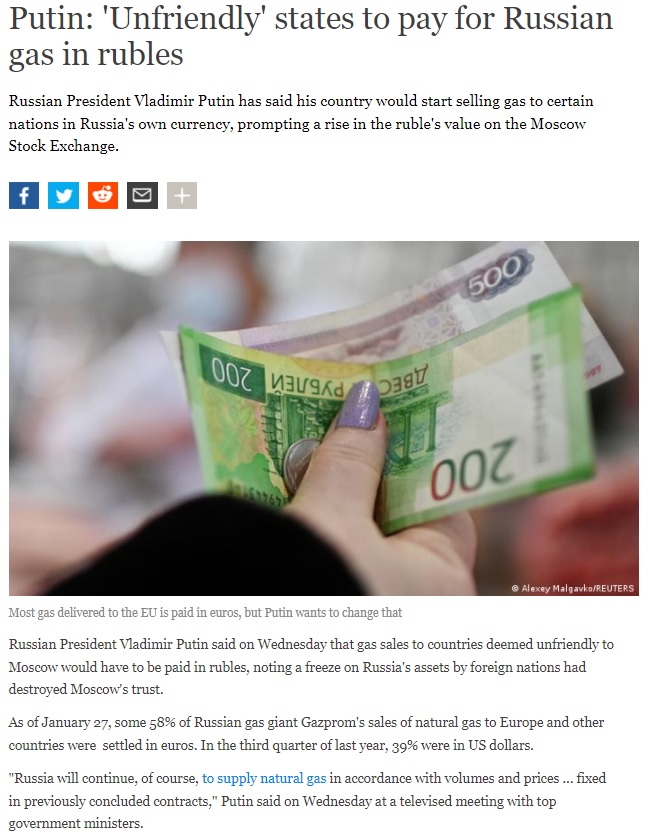
When direct military intervention is not a feasible option, US administrations and Western allies always used economic and financial tools to achieve their foreign policy goals. Imposing sanctions has become a reflexive, automatic reaction against any government that resists the current world order—the one dominated by Western liberalism. Such Western addiction to sanctions and embargoes is not rooted in these tools’ utility and effectiveness in bringing about desired outcomes. Rather, because these power nation-states can do it and, in most cases, impose sanctions without any negative consequences on their economies and interests.
Evidence for this explanation can be found by examining some of the main cases of sanctioned nations. Cuba has been under US sanctions for more than half a century. Yet, Castro continued to govern that country until he voluntarily stepped down and subsequent governments did not change their posture thereafter. The same can be said about the sanctions imposed on Iran. For more than 40 years, Iran has been subjected to some of the harshest sanctions regimes. Some were authorized and supported by UNSC resolutions, which means they were global sanctions that must be enforced by all UN member states. Moreover, the Trump administration amplified all previous sanctions regimes to apply what that administration called, “maximum economic pressure.” Maximum pressure means there is no other level of pressure that can be applied; yet, that did not force the Iranian government to change its posture. No results.
So, it was no surprise that when Russia launched its military operation to disarm Ukraine and force its government to abandon its plans to join NATO, and given that Russia is a nuclear armed nation, direct military confrontation between Russia and other nuclear armed European nations and the USA is not an option, sanctions were the best next thing. Sanctions and seizure of Russian assets become the default response and it was done in a coordinated fashion involving all EU members, US, Canada, and other allies including Japan, Australia, etc. However, Russia’s retaliation is a new variable and this new dynamic is likely to have effects beyond the control of the West.
The United States imposed 55,332 sanctions on Russia, half of which were in recent weeks, after Russian tanks stormed the Ukrainian borders. This threshold broke another record of sanctions imposed against Iran, which was 32,616 sanctions. This unprecedent sanctions regime seem to be an initial step since, just today, on the first day of his European tour, President Joe Biden promised that more sanctions are on the way. Russian leaders admit that these sanctions are harsh and hard on their country, but they warned that the rest of the world will feel the negative effects as well.
Washington’s freezing of the Russian Central Bank’s dollar assets resulted in a reversal process it did not anticipate. It has accelerated Russia’s push to use its national currency, the rouble (or ruble), with large economies such as China and India, and it may do the same with Turkey, South Africa, and perhaps Brazil, which are countries that refuse to submit to Western sanctions. Importantly, Russia’s president issued an order to force all unfriendly states buying Russian oil and gas to pay by rouble, not US dollar. This means that Russia is now the first country in the world to price its raw materials (oil, gas, and minerals) in its national currency instead of the dollar. It is noteworthy that the price of raw materials in the world is done in dollars. The weight of the Russian decision is reflected in and dependent on Russia’s weight in the international oi, gas, and minerals markets.
These events are pressing China to think about getting rid of the dollar reserves in the future, which exceed 3500 billion dollars, the largest dollar reserves in the world. Asian countries that are economically linked to China are likely to use the renminbi (yuan) in their trade transactions, and China is gaining experience and expertise in circulating its currency in the event of any crisis with the United States, given U.S.-China tensions over Taiwan.
Additionally, if Saudi Arabia decides to accept the Chinese yuan in exchange for its oil, it will deal a historic blow to the American currency. Saudi Crown Prince Mohammed bin Salman threatened this measure after he began hinting at it in retaliation for Washington’s policy towards Riyadh when it refused to sell it weapons because of the Yemen war.
As soon as Saudi Arabia announces that it would sell oil to China in its national currency, some Asian countries will start seeking the Chinese currency, and as the Wall Street Journal wrote, if the Chinese-Saudi agreement is realized, it would end the dollar’s dominance over oil prices globally.
Sanctions regime have been a weapon of choice against governments in conflict with the West. However, using this tool against Russia, now closely allied with China, will trigger events far beyond the control of the countries that initiated these sanctions. Here is our informed, reasoned prediction: If the current conflict continues for weeks, not just days, and the West continues to impose sanctions not just on Russia but on all countries that do not enforce these sanctions—including China, the current world order will be irreversibly changed.

